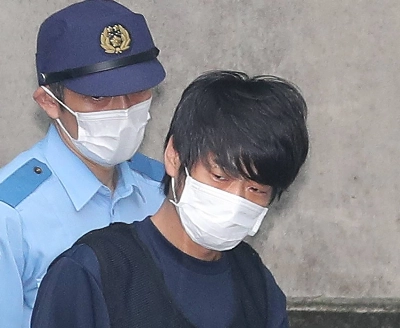According to the famous dictum, war is the continuation of politics through other means. Is the reverse true? Is politics merely war in another guise? That question hangs over this fascinating study of the Cambodian peace process.
Pierre Lizee, an assistant professor of politics at Brock University in Canada, agrees with critics that the peace process failed -- a controversial judgment itself -- but maintains that the failure was the product of the assumptions of the peace plan, not, as the traditional assessment would have it, the result of how it was implemented. If he is right, we need to reconsider the way we think about conflict resolution.
The United Nations Transitional Authority in Cambodia, or UNTAC, was the most ambitious U.N. peacekeeping effort ever. According to the 1991 Paris Peace Plan that established the U.N. mandate, the world body would virtually take over the administration of Cambodia in the runup to and during national elections. It was a staggering assignment. The country had been torn by two decades of war, an interlude of rule by the genocidal Khmer Rouge and subsequent invasion by Vietnam. Not only were Cambodian political forces intensely competitive, but the KR were still lurking in the hinterlands, determined to fight on.

















With your current subscription plan you can comment on stories. However, before writing your first comment, please create a display name in the Profile section of your subscriber account page.